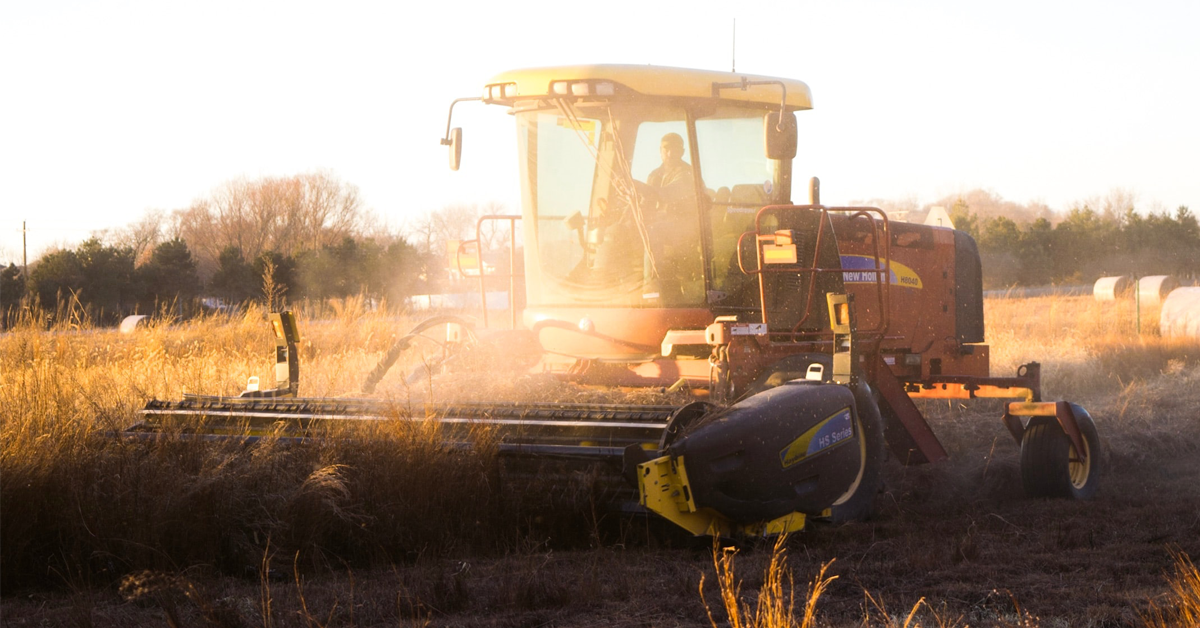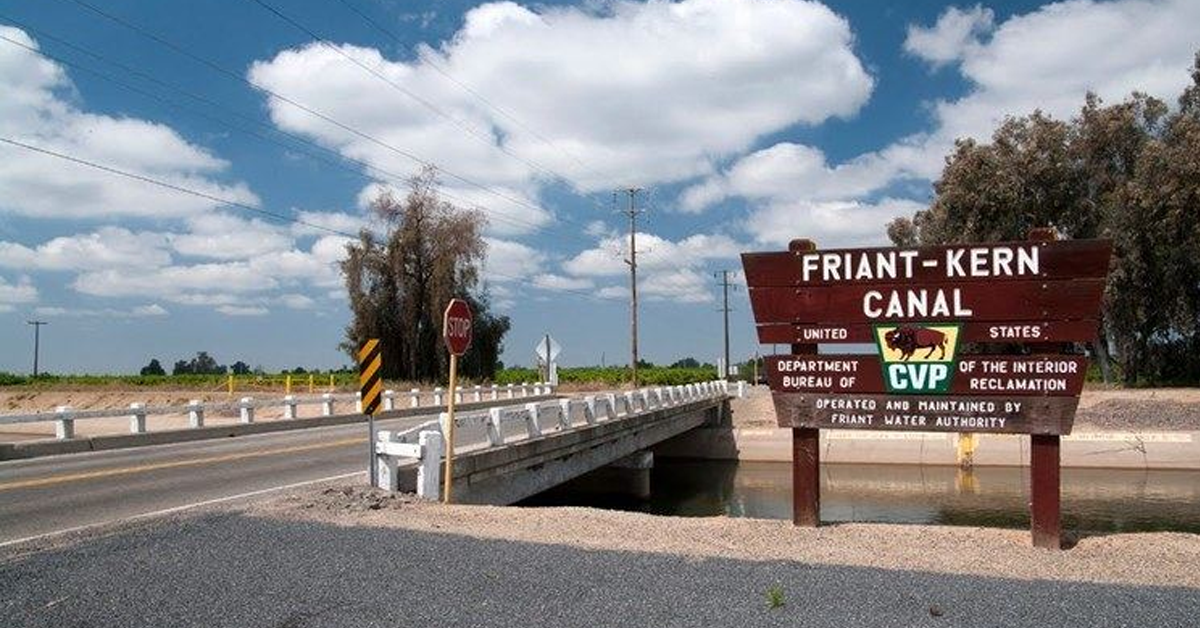A Thursday unanimous ruling by the United States Supreme Court has restored a bounty of property rights to ranchers and farmers, curtailing the Environmental Protection Agency’s (EPA) ability to regulate certain wetlands as qualifying as “waters of the United States” under the Clean Water Act.
In the Court’s opinion, Justice Samuel Alito found that the agency’s interpretation of the wetlands covered by the Clean Water Act is “inconsistent” with the law’s text and structure, and the law extends only to “wetlands with a continuous surface connection to bodies of water that are ‘waters of the United States’ in their own right.”
Driving the News: The court said that wetlands protected under the Clean Water Act should be otherwise ‘indistinguishable’ from other regulated waters.
- While the majority acknowledged that weather and climate events like low tides and dry spells can cause “temporary interruptions” between bodies of waters covered by the law, the court said that wetlands protected under the Clean Water Act should be otherwise “indistinguishable” from other regulated waters.
- The Supreme Court’s ruling reverses a decision by the U.S. Court of Appeals for the 9th Circuit, which sided with the EPA.
- Wetlands make up 5.5 percent of land in the continental U.S., according to the EPA, and are considered some of “the most productive ecosystems in the world,” comparable to rain forests and coral reefs.
What they’re saying: Justice Brett Kavanaugh, who concurred in the judgment, warned that the “continuous surface connection” test adopted by the majority “departs from the statutory text, from 45 years of consistent agency practice, and from this court’s precedents.” Kavanaugh argued that by narrowing the scope of the Clean Water Act, some long-regulated wetlands will no longer be covered by the law, which will have “significant repercussions for water quality and flood control” throughout the nation.
- Rep. John Duarte (R–Modesto), who faced Federal prosecution built on these provisions of the Clean Water Act for plowing land in Tehama County, celebrated the rolling back of regulatory overreach.
- “The Supreme Court’s ruling in Sackett v. EPA is a major victory for farmers and small businesses across the nation,” Duarte said in a statement. “Today, the Court has sent a clear message that no government agency can trample on the rights of American citizens without providing them with a fair and just process.”
- “My family was prosecuted under the Clean Water Act several years ago, that we were shaken down for over $1 million for planting wheat in a wheat field,” Duarte said in an interview with The Sun on Thursday. “Under the SCOTUS ruling that just came down today, that prosecution could never have taken place. Farm families are safer today from government abuse than they were yesterday.”
- Jon Devine, director of federal water policy for the Natural Resources Defense Council, warned that the court’s decision to narrow the EPA’s authority over wetlands ‘could be catastrophic.
- “Tens of millions of acres of wetlands that are currently protecting communities from flooding, helping to make sure that their drinking water supplies are cleaner, would be at risk of being filled in or polluted without any kind of environmental review beforehand,” Devine said.











